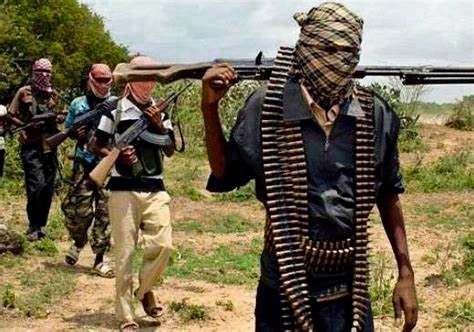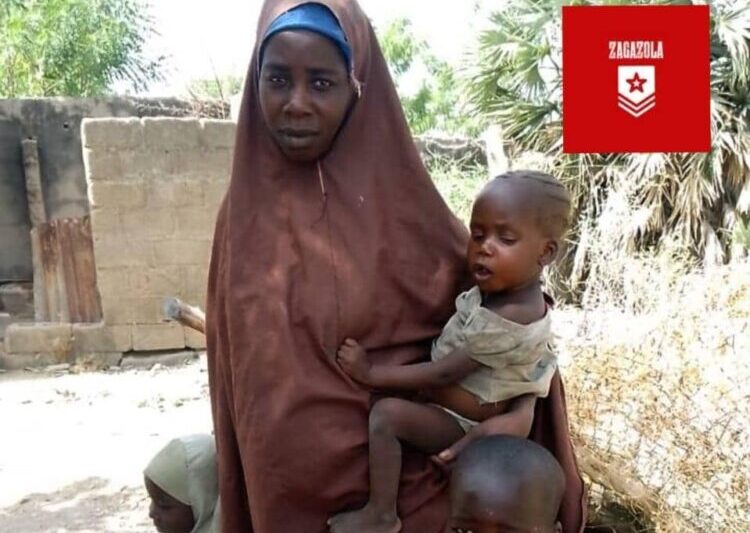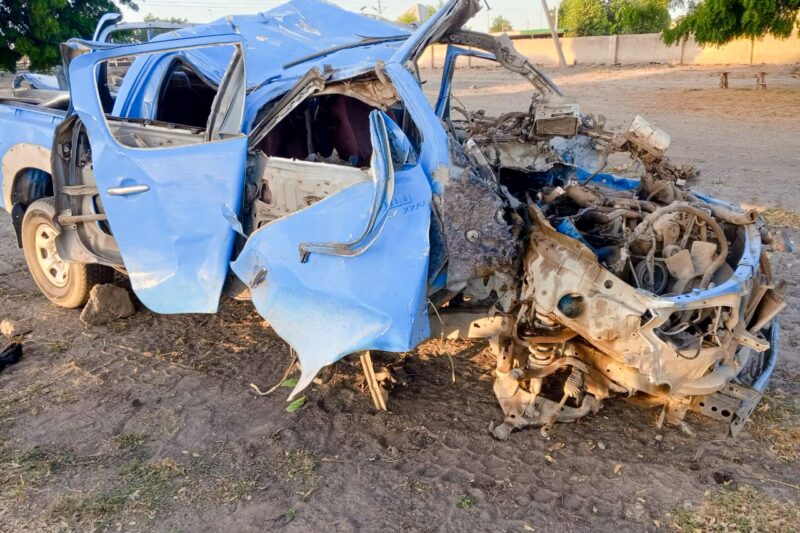Poor governance of natural resources, patterns of poverty and inequality, insufficient access to basic services, high unemployment rates among young people and discrimination against minorities, women and girls – these are just some of the challenges countries in the Sahel region face.
At the 48th session of the Human Rights Council, which opened on Monday, September 13, in Geneva, the UN High Commissioner for Human Rights, Michelle Bachelet, said the region was beset by challenges.
The Sahel region is made up of Burkina Faso, Cameroon, Chad, Gambia, Guinea, Mali, Mauritania, Nigeria, Niger and Senegal.
“A safe, clean, healthy and sustainable evironment is the foundation of human life,’’ Bachelet told the session. “But today, because of human action – and inhuman inaction – the triple planetary crises of climate change, pollution and nature loss is directly and severely affecting a broad range of rights, including the rights to adequate food, water, education, housing, health, development and even life itself.”
Bachelet said increasing desertification; long droughts followed by flash-floods; and unequal access to natural resources had amplified existing vulnerabilities, especially food insecurity.
The high rate of youth unemployment and the discrimination of women and girls had compelled people into displacement, aggravated conflicts and political instability, and had fuelled recruitment by violent extremist groups.
She said in such a situation it was clear that a military solution to the conflicts would not work.
Sustaining peace required human rights-based approaches.
To assist such responses, the Office the Human Rights Council was implementing a project in the Sahel region, with a specific focus on Mauritania, Niger and Nigeria, that sought to identify protection gaps faced by communities affected by climate change and migration ; to strengthen the capacity of local, national and regional stakeholders : and to identify measures that would fulfil the rights of these communities.
Bachelet said in Mauritania the Office would engage with migrant families, who had fled floods and landslides in Sierra Leone in 2017, and fishing communities who had moved from Senegal because of diminishing fish stocks.
In Niger, the Office would work with a rural community that had seen exceptional numbers of migrants departing; in Nigeria, the Office was seeking solutions in locations that were simultaneously sites of origin, transit and destination for migrants moving in response to extreme weather events, degraded lands and resource-driven conflicts.
She said the United Nations Office for Humanitarian Affairs (OCHA) had described the crisis in the Sahel as “exceptional”.
Bachelet told the session that OCHA estimated there were four million people living as internally displaced persons in the Sahel.
- ReliefWeb, the humanitarian information service provided by OCHA, said in a press release posted on April 27, that a new record high of 29 million Sahelians in six countries – Burkina Faso, northern Cameroon, Chad, Mali, Niger and northeast Nigeria – were now in need of humanitarian assistance and protection, five million more people than last year.
It quoted Marie-Pierre Poirier, the regional director of the United Nations International Children’s Emergency Fund (UNICEF), saying: “As the Sahel crisis protracts in time, an entire generation of children is at risk. With security incidents continuing to spike, the effect on children is devastating. The number of violent attacks increased eight-fold in the Central Sahel and tripled in the Lake Chad Basin.
’’Violence and insecurity are severely disrupting basic social services: nearly 5,000 schools are closed or non-operational, jeopardising the future of hundreds of thousands of children and 1.6 million children are projected to suffer from severe acute malnutrition.’’
Chris Nikoi, regional director of the United Nations World Food Programme (WFP) in West Africa, said : “We’ve seen hunger jump by almost a third in West Africa – to the highest levels in the best part of a decade − and the areas of most concern are the Central Sahel and the Lake Chad Basin where escalating conflict is driving hunger.
‘’Soaring food prices are also pushing a basic meal beyond the reach of millions of poor families who are already struggling to get by. We need immediate assistance to help those most in need as well as long-term solutions to the root causes of hunger and malnutrition in the Sahel,’’ Nikoi said.








